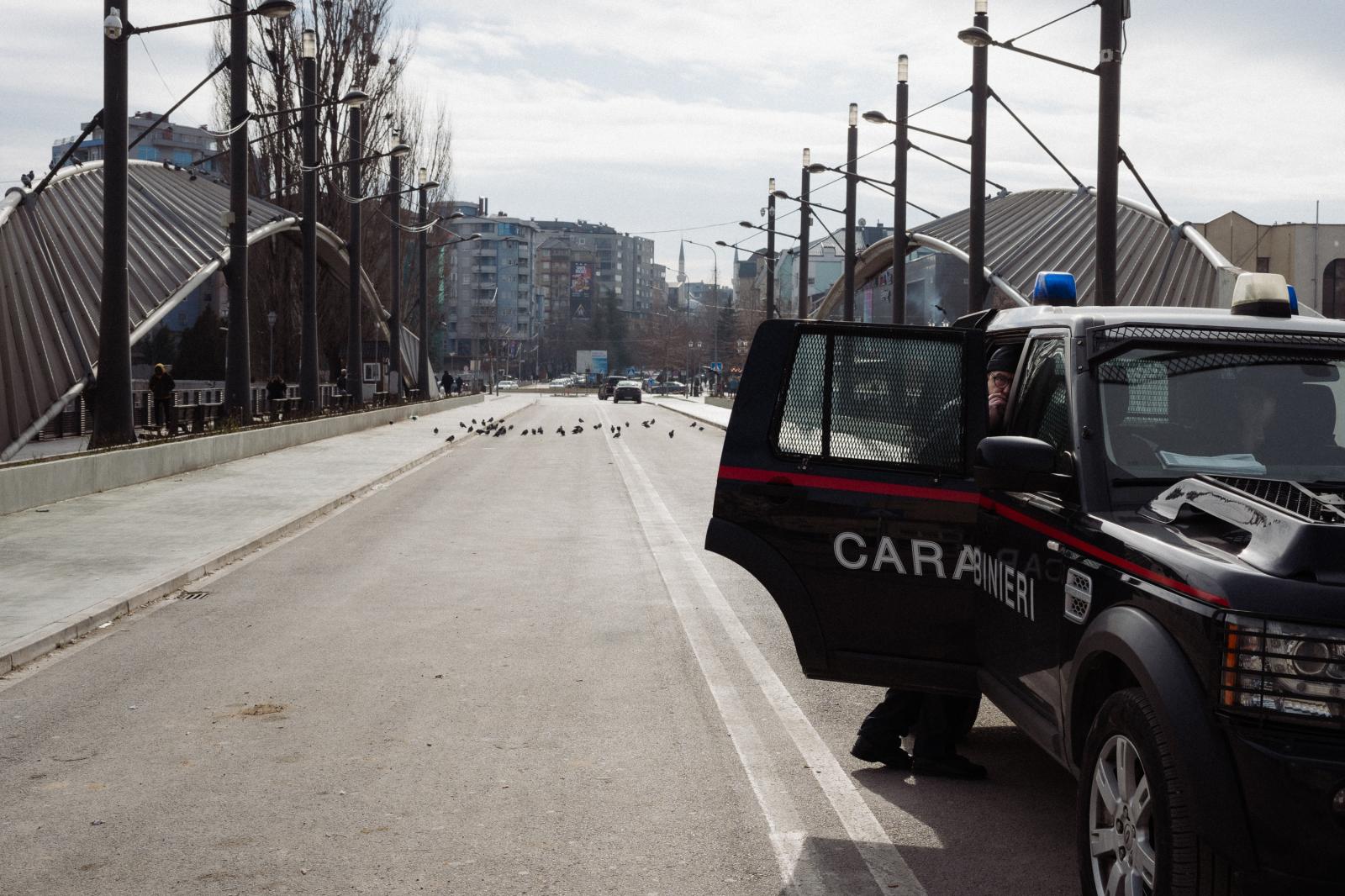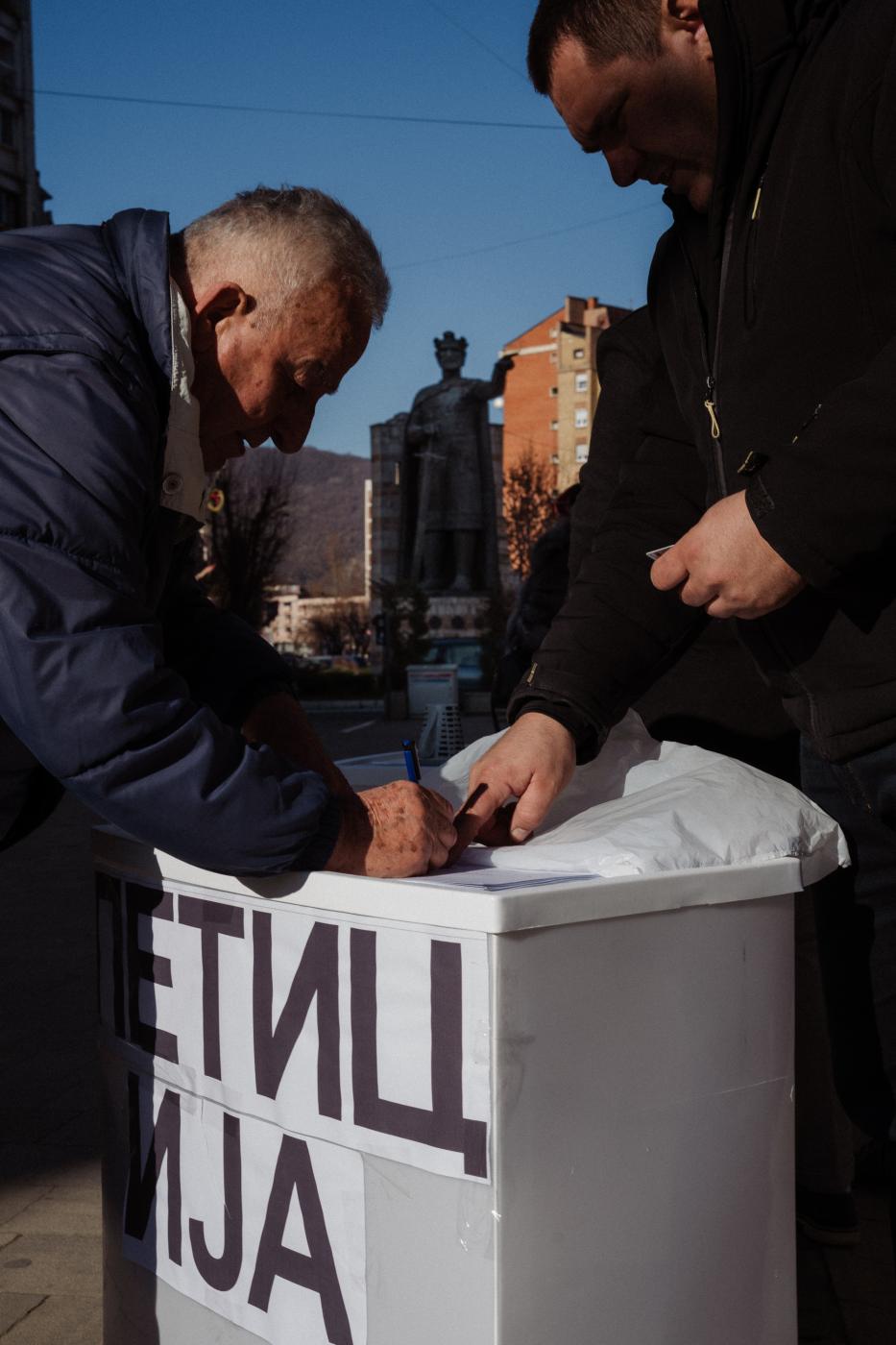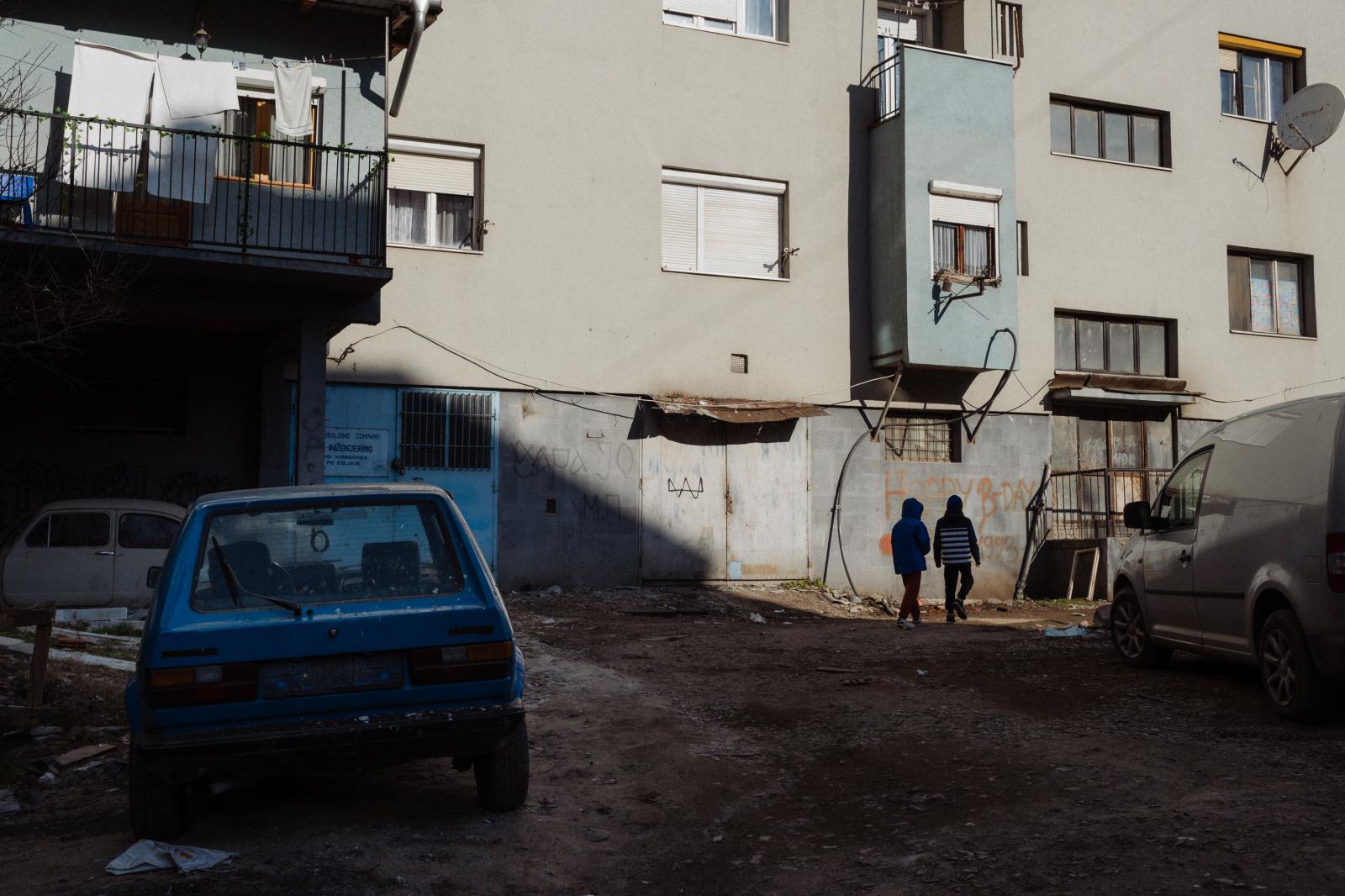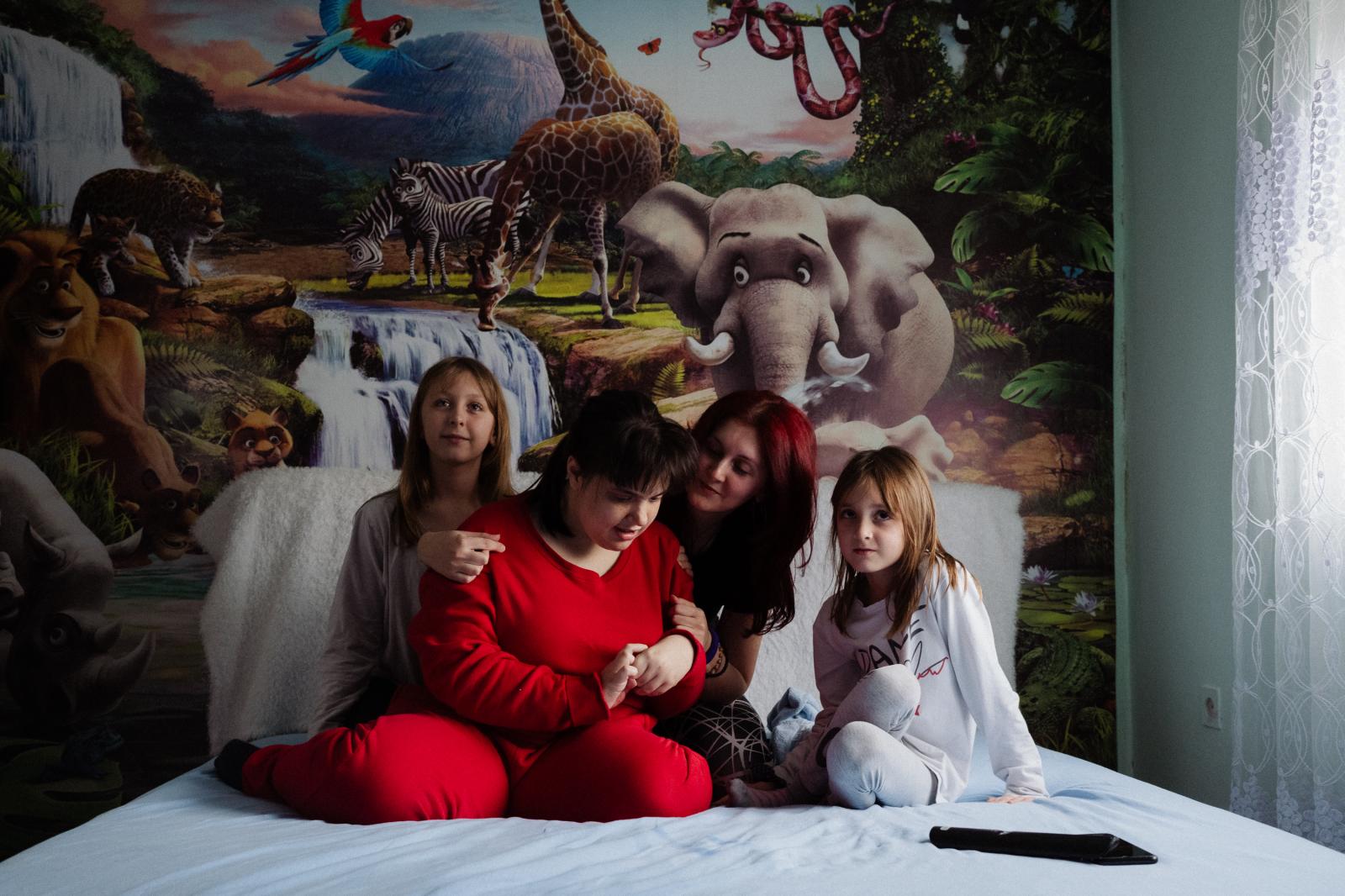Public Project
The Silence of the Blackbirds
Since 1999, the exodus of over 200,000 Serbs from Kosovo, with 22,000 forcibly abandoning their homes, illustrates a sad reality. Today, constituting merely 5% of the population (approximately 100,000), these Serbs are divided: half reside in North Kosovo, where they form the majority, while the other half live in isolated enclaves protected by NATO forces (KFOR). While offering a semblance of security, these enclaves present a landscape of stark challenges for their inhabitants.
Life within these enclaves remains bleak despite modest aid from the Serbian government. Employment opportunities are scarce, especially for youth, who are unemployed at a staggering 50%. Essential resources like consistent access to electricity are limited, and the looming specter of inter-ethnic tensions restricts daily movement, confining many within these enclaves.
For the inhabitants, Kosovo embodies the cradle of Serbian heritage, a land steeped in ancient history and religious significance. It has been the historical center of Serbian political and cultural institutions. In the 13th century, cities like Priština, Prizren, and the once-prosperous Novo Brdo stood among the wealthiest in the Balkans. The landscape was adorned with over 130 churches, alongside grand monasteries erected by Serbian kings, such as Dečani and the Patriarchate of Peć. The legendary battle of Kosovo Polje in 1389, where Prince Lazar's army confronted the Ottoman forces, remains etched in their cultural memory.
Despite Kosovo's declaration of independence in 2008, the sentiment 'Kosovo je Srbija' resonates deeply within this community. Their attachment to the land and their deceased kin is profound, raising questions about Serbia, Russia, and others' refusal to recognize Kosovo's independence and the enduring importance of this region in Serbian identity.
Amidst these complexities, I aim to explore these Serbs' dreams, aspirations, and convictions. Do they yearn to leave or cling steadfastly to their ancestral lands? Through their narratives, I seek to comprehend why Serbia adamantly upholds its refusal to acknowledge Kosovo's independence. Moreover, I aspire to unravel the place of their culture in their daily lives and the profound significance of Kosovo within their hearts and collective memory.
This project was partly crowd-funded by The Raw Society: https://therawsociety.org/the-silence-of-the-blackbirds/
4,831









































